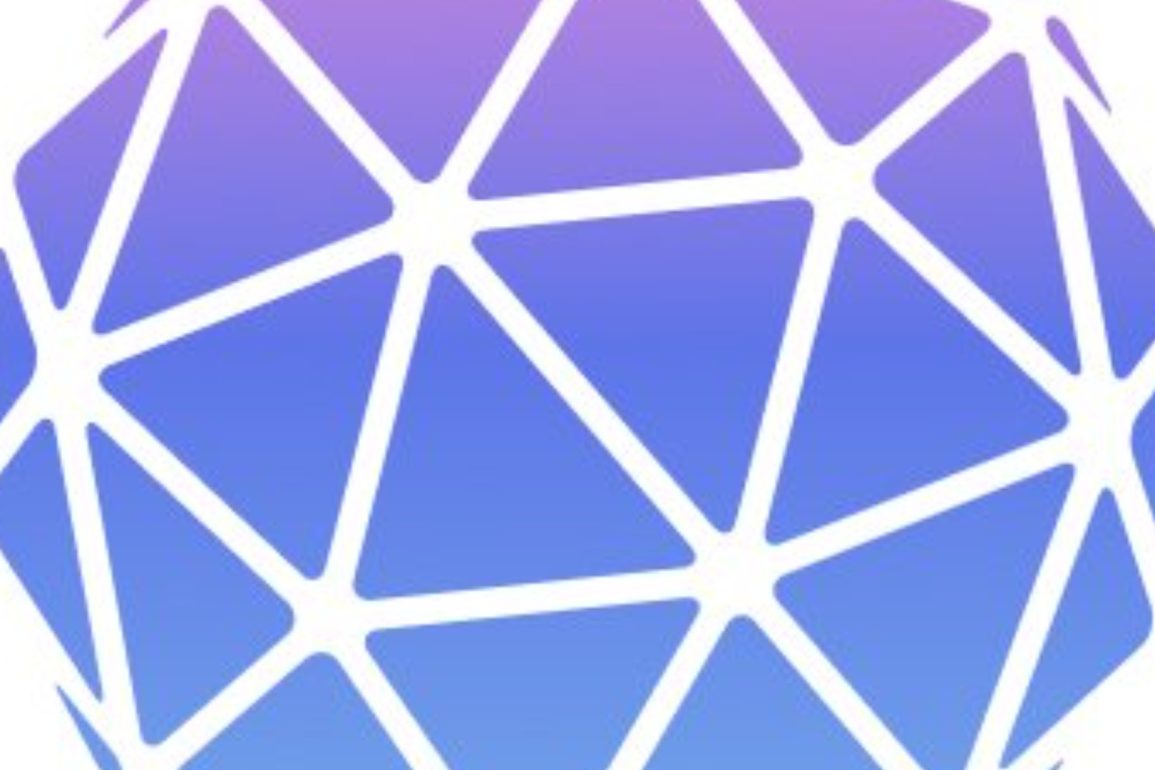- Summary:
- Orbs, a decentralized PoS blockchain, is expanding its services to The Open Network (TON). Find out what informed the move and its benefits.
Orbs, a public blockchain built on a decentralized network and using a proof-of-stake (PoS) consensus implemented by permissionless validators, has announced its expansion to The Open Network (TON). The action is meant to accelerate widespread implementation of blockchain technology. The Orbs team believes TON has a chance to be the L1 solution that makes blockchain commonplace. Therefore, the backing of The Open Network (TON) represents a major step forward for Orbs and its mission.
What Orbs hopes to achieve by integrating TON
Orbs plans to use TON as the foundation for its infrastructure expansion, hoping to enjoy a synergistic rise with the network in the process. In the coming days, a slew of Orbs-branded use cases, products, and services will be available on TON. Orbs runs a decentralized infrastructure layer on top of the existing L1/L2 solution and below the application layer. Integrating the Ethereum Virtual Machine (EVM), it enhances the standard L1 blockchain layer.
Essentially, the platform expands the multi-layer blockchain stack, guaranteeing that developers will not have to sacrifice decentralization in favor of widespread adoption. There will be no wavering in Orbs’ dedication to EVM. The company says that it will keep looking for ways to expand to new markets with billions of potential customers.
It has been difficult to identify an appropriate L1 capable of supporting this level of expansion, but TON is a strong contender. Using its tools, developers can experiment with different L3 applications for future and present network protocols.
There are currently over a billion active TON users, and the network is growing rapidly. With its lightning-fast transaction times, low prices, and intuitive interface, TON is a network that has it all. The public TON Community manages it and ensures it continues to grow and thrive. It’s a major step in Orbs’ objective to aid developers in creating superior decentralized protocols and products. Furthermore, it is the first non-EVM L1 solution they’ve supported.


